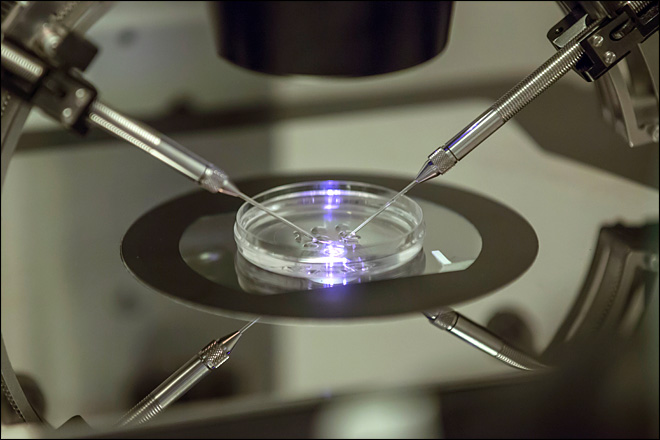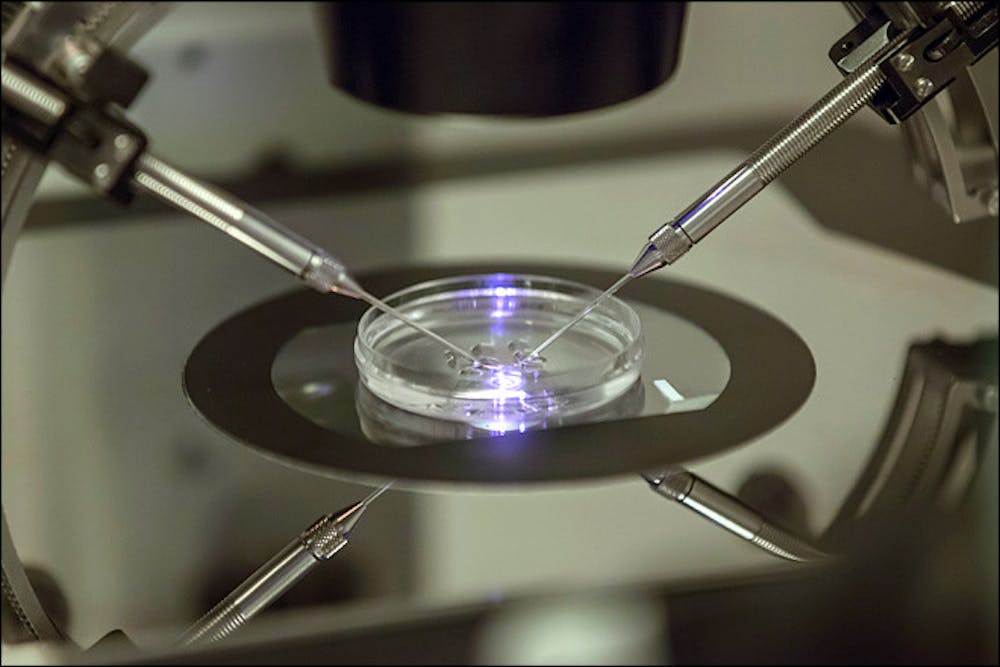By Roman Orsini
Staff Writer
Lawmakers in Britain’s House of Commons voted in favor of an in vitro fertilization procedure which uses the DNA of three parents on Tuesday, Feb. 3, according to CNN.
The law would be the first of its kind to allow for “three-parent” babies. The measure needs the support of the upper House of Lords before the practice could become law.
The procedure combines the DNA of two parents with the mitochondrial cells of a third party. The mitochondria are often referred to as the “powerhouse” of the cell — responsible for creating the energy cells use. These organelles also contain small amounts of DNA – their abnormalities are linked to a number of human diseases, CNN reported.

According to CNN, one in 6,500 babies born in the United Kingdom will develop a mitochondrial disorder, which may lead to heart and liver disease, blindness or respiratory problems.
The in vitro procedure in question allows doctors to swap out unhealthy mitochondria from the mother, preventing the child from inheriting faulty mitochondrial DNA, which would lead to health difficulties.
In the procedure, the nucleus of the mother’s egg cell is extracted and placed into the egg cell of a donor. The donor’s cell nucleus is removed to carry the mother’s genes, but the donor’s mitochondrial cells remain with the mother’s nucleus. The father’s sperm cell then fertilizes the resulting hybrid egg cell, according to BBC.
In 2000, Alana Saarinen was one of a handful of children conceived by this method before it was banned in the United States. Ninety-nine percent of Alana’s genes are inherited from her parents, while the remaining one percent is from the mitochondrial DNA of her donor, CNN reported.
Despite the success of Alana’s birth and continued health, the Food and Drug Administration (FDA) banned the procedure in 2001 for ethical and safety concerns, according to BBC.
In the U.K., debate over the ethics of the procedure is ongoing. Religious groups in particular oppose the procedure, as it requires the donor’s embryonic cell to be destroyed.
“We believe that the law should not be changed until there has been further scientific study and informed debate into the ethics, safety and efficacy of mitochondrial replacement therapy,” said Rev. Dr. Brendan McCarthy, the Church of England’s advisor for medical issues told CNN.
Others find the method an affront to nature, in which humans are increasingly “playing God” by determining the genetic makeup of children.







